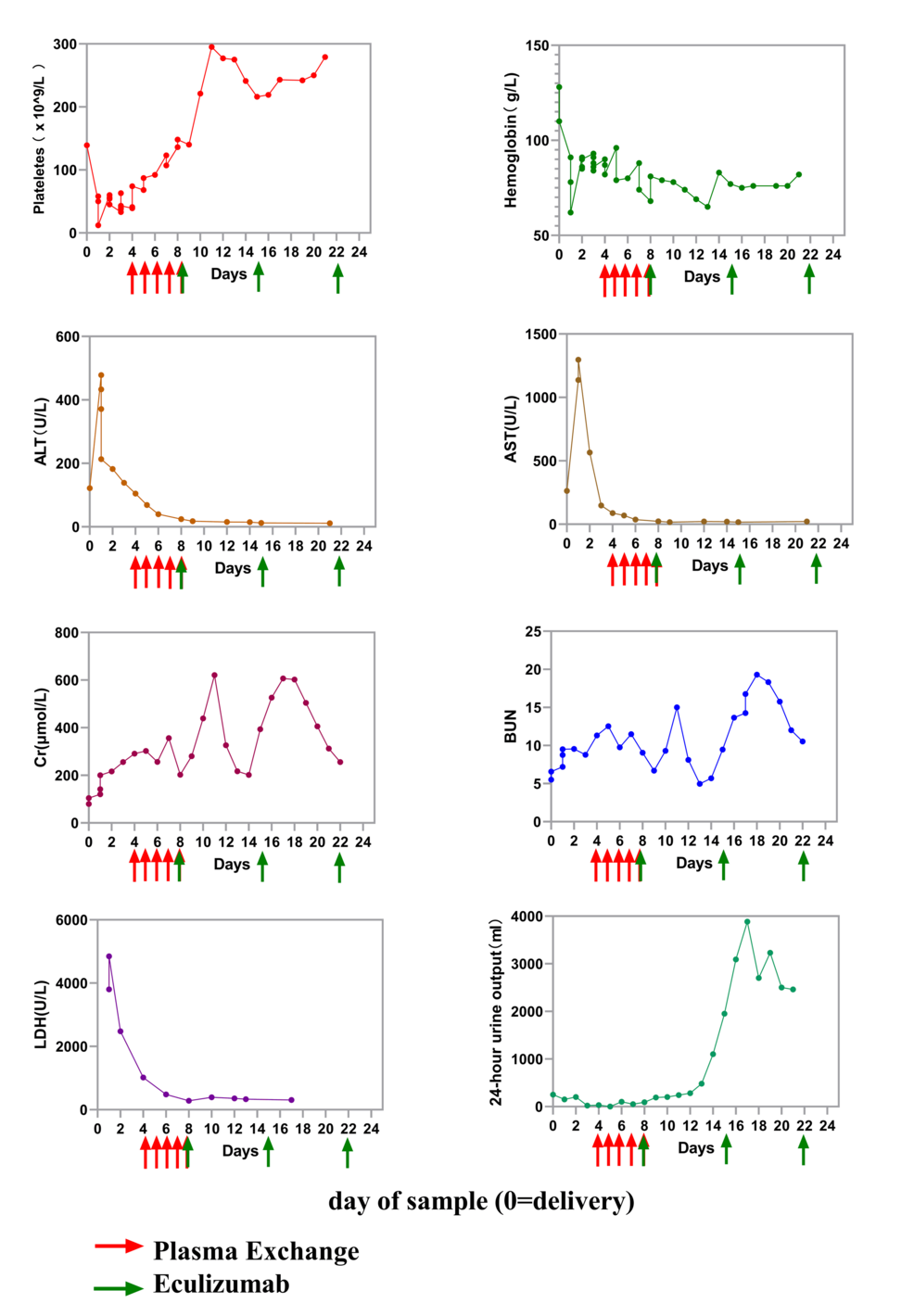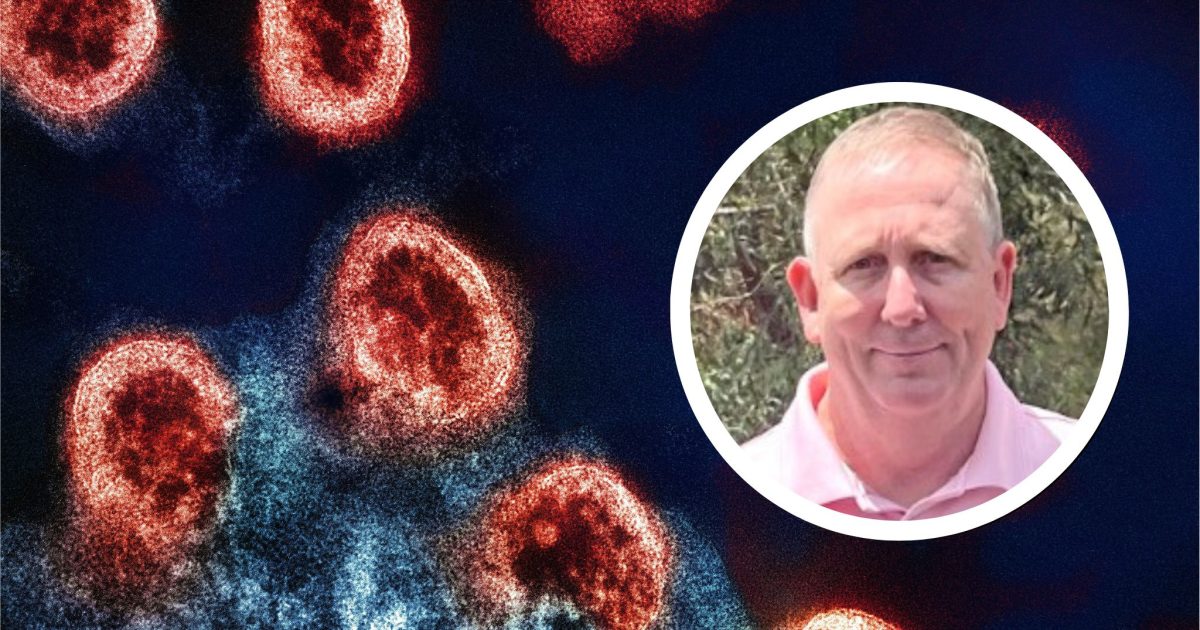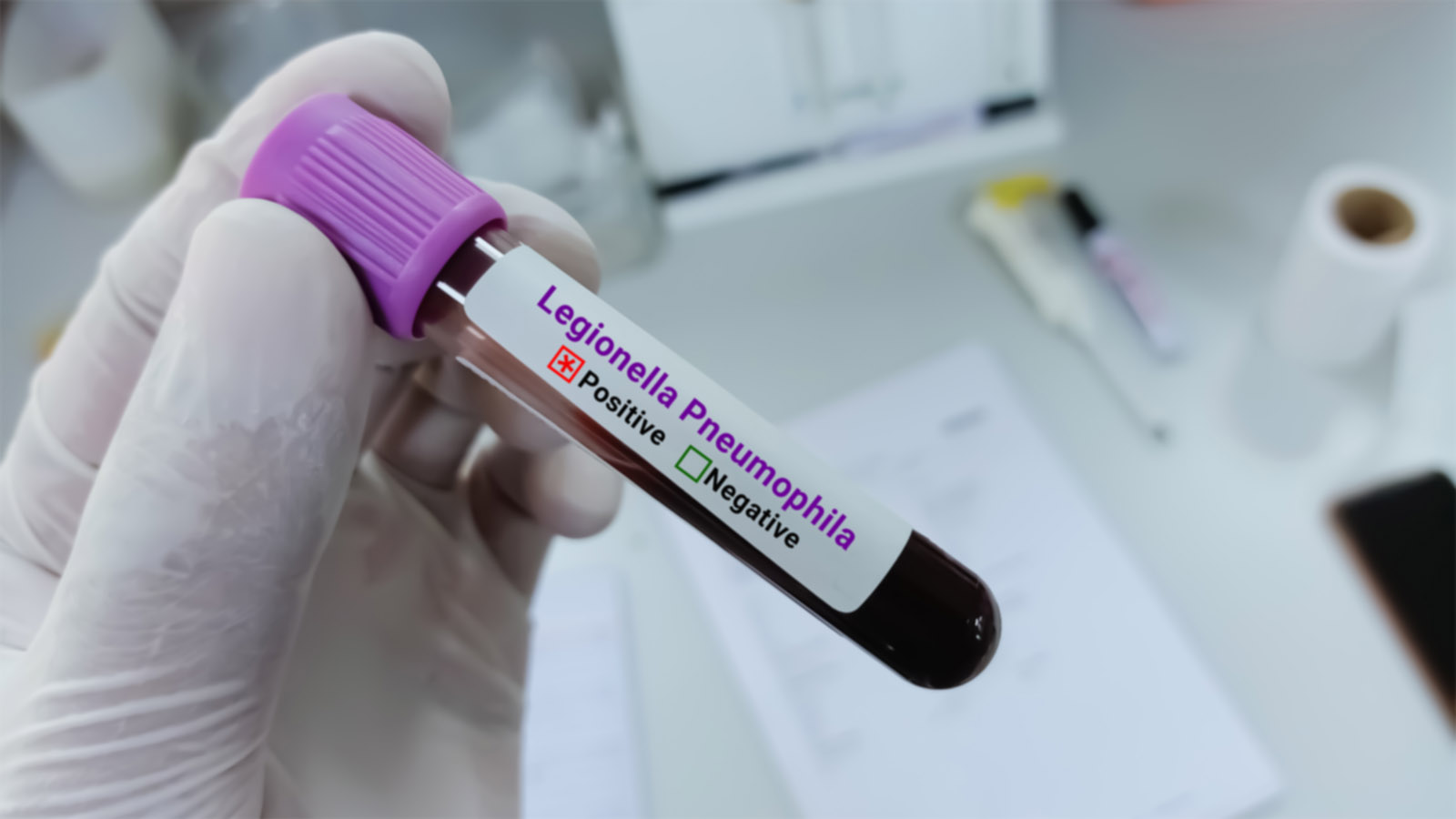How Psilocybin is Transforming Mental Health: The Shocking Truth Revealed!

What if we told you that a single dose of a psychedelic could help lift the heavy weight of depression from your shoulders? That’s exactly what researchers in Melbourne are discovering with psilocybin, the magic ingredient found in certain mushrooms. This isn't just some wild experiment; it's a significant leap in therapeutic advancements that could change the face of mental health treatment forever.
At a clinic nestled in the heart of Melbourne, patients are stepping into a world of altered states, confronting their deepest fears and despair. Dr. Ross, one of the leading researchers, highlights how this unique experience allows patients to face their innermost terrors—an opportunity that could be profoundly valuable in therapy. “It’s intensely challenging and very different [in a clinical setting] to taking it at a doof [music festival],” she explains.
Participants in this groundbreaking trial engaged in two treatment sessions over several weeks. In the first session, they were randomly assigned to receive either synthetic psilocybin or a placebo. But hold on, it gets even more fascinating—during their second session, everyone received psilocybin, ensuring that all participants had the chance to experience its effects.
Imagine lying in a softly lit room, enveloped by the calming scent of essential oils, while soft music plays in your ears. That’s the setting at Caritas Christi Hospice in Kew, where participants spend eight hours under the watchful eyes of trained clinicians. It’s a far cry from a typical party scene—this is serious business. Dwyer, a fellow researcher, shared their extensive library of music used to enhance the experience, ranging from world music to modern electronic hits.
As participants completed questionnaires about their mental health before and after treatment, an astonishing transformation emerged. Those who received psilocybin went from experiencing moderately severe depression to no longer qualifying for a depression diagnosis. In contrast, the placebo group only noted a slight improvement, remaining moderately to severely depressed.
The trial’s emotional weight is highlighted by the story of Michael Quinn, who joined the trial after battling prostate cancer for two long years. His wife, Pat, recalls how Michael learned about the potential benefits of psilocybin from US pro surfer Koa Smith, who had overcome his own struggles with depression and trauma. “It softened the edges for him,” Pat explained, noting how the experience made Michael more empathetic and emotionally open as he came to terms with his prognosis.
Despite having never used psychedelics before, Michael found the therapy profoundly beneficial when combined with psychotherapy sessions. “It helped rework his brain,” Pat said, reflecting on how it allowed him to come to peace with the reality of death.
In a groundbreaking move earlier this year, Australia became the first country to formally recognize psychedelics like psilocybin and MDMA as medicines for treating chronic depression and PTSD—an exciting development in the medical field. But it’s important to note that despite this leap forward, psychedelic-assisted therapy remains in its infancy and can be expensive. Some clinics charge upwards of $27,000 for treatment, making it inaccessible for many. While a staggering 7,000 people applied to join the St Vincent’s trial, only 35 were selected for participation.
There’s hope, however, as researchers like Ross and Dwyer believe that private health insurers may one day fund such treatments, especially with group sessions potentially lowering costs. It’s an exciting time for mental health treatment, although the exact mechanisms behind why psychedelics improve mental health remain elusive. After all, as Dwyer points out, even the effectiveness of traditional antidepressants isn’t entirely understood.




























